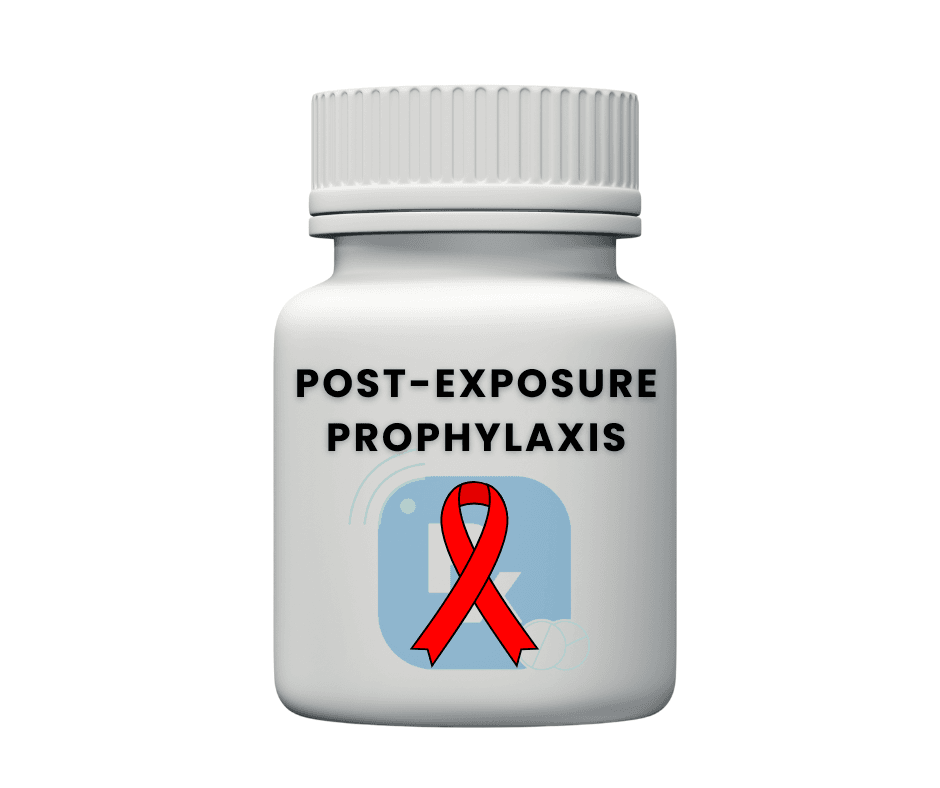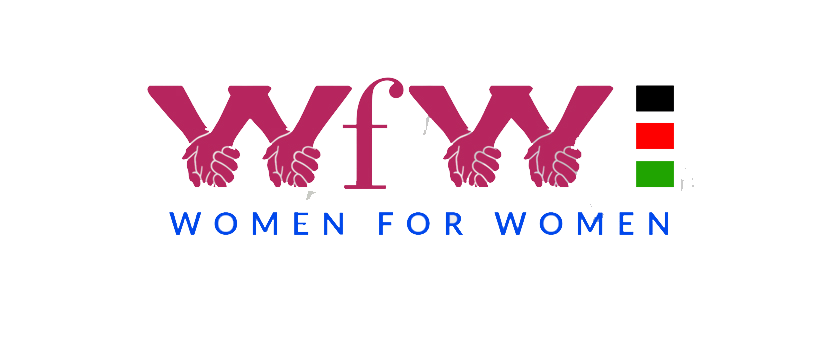A clear guide from Women for Women Kenya on PEP — what it is, when to use it, side effects, and how to access care.
What is PEP?
PEP stands for Post-Exposure Prophylaxis. It is a short course of HIV medication taken after a possible exposure to HIV to reduce the chance of infection.
When should PEP be started?
PEP must be started within 72 hours (3 days) of the exposure. The sooner you start, the better the protection. Starting after 72 hours is generally not recommended.
What situations qualify for PEP?
PEP is recommended for people who have had a recent possible exposure to HIV, such as:
- Unprotected sex
- Condom break or slip
- Sexual assault or rape
- Sharing needles or injection equipment
- Needle-stick injury in a healthcare setting
If you’re not sure whether your situation qualifies, contact us for a confidential assessment.
How does PEP work?
PEP uses antiretroviral drugs to stop HIV from multiplying and becoming established in the body. For PEP to be effective you must:
- Start within 72 hours of exposure
- Take the medicine every day for 28 days
- Not stop treatment without medical advice
Which drugs are used for PEP in Kenya?
The standard adult regimen commonly used in Kenya is TDF + 3TC + DTG. Dosage and drug selection may be adjusted for children, pregnancy, or medical conditions.

Is PEP the same as PrEP?
No. PEP is taken after a possible exposure for emergency protection. PrEP (Pre-Exposure Prophylaxis) is taken before exposure for ongoing prevention. If you use PEP frequently, we can discuss PrEP as a long-term option.
What are the side effects of PEP?
Many people tolerate PEP well. Common side effects include:
- Nausea
- Fatigue or tiredness
- Headache
- Mild diarrhoea or stomach discomfort
Side effects are usually temporary. Severe reactions are uncommon — contact a clinician if symptoms are persistent or worrying. Do not stop PEP on your own.
How effective is PEP?
When started early and taken correctly, PEP is highly effective at preventing HIV infection. It is not 100% guaranteed, which is why follow-up testing is important.
Do I need HIV testing after PEP?
Yes. Standard follow-up testing is recommended:
- At the time of starting PEP
- At 6 weeks after exposure
- At 12 weeks (3 months) after exposure
We provide testing, counselling, and support throughout the follow-up period.
Where can I get PEP in Kenya?
PEP is available at government hospitals, private clinics, HIV care centres, and trusted NGOs. Women for Women Kenya offers walk-in consultations, telemedicine, and discreet doorstep delivery for qualifying clients.
Need PEP Right Now?
If you believe you’ve been exposed to HIV, do not wait — every hour matters.
Contact Women for Women Kenya
📞 Call/WhatsApp: 0700 811 528
🌐 Website: womenforwomenkenya.com
✉ Email: kenyawomenforwomen@gmail.com
Women for Women Kenya — confidential, professional, and non-judgmental sexual and reproductive health services.




